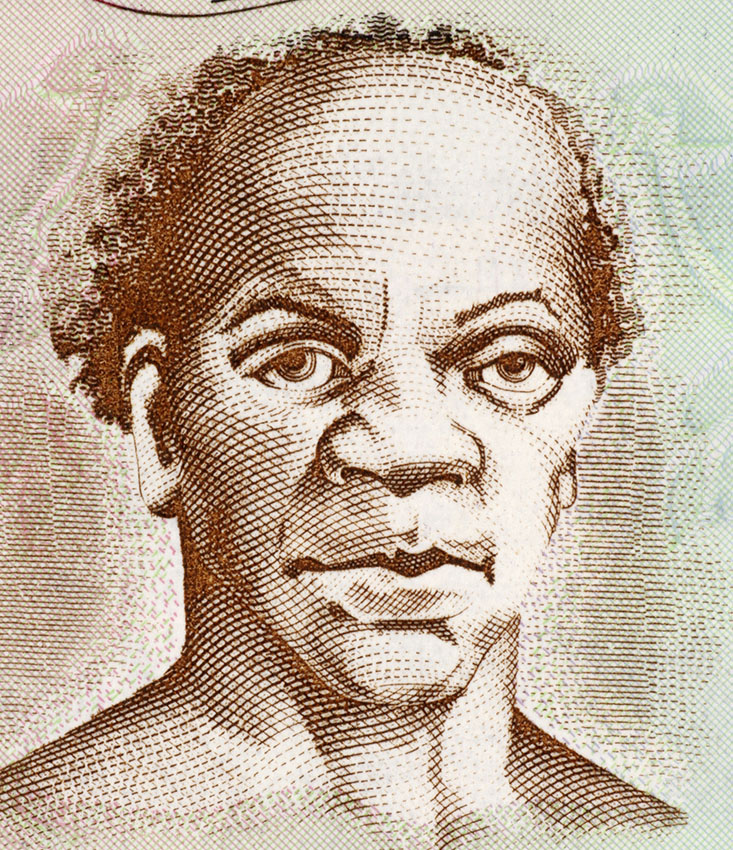Samuel Sharpe is an important historical figure in Jamaica who played a key role in the fight for the abolition of slavery. He was born in Montego Bay, Jamaica in 1801, and was the son of an enslaved woman named Eve and a white slave owner.
Sharpe’s life was marked by hardship and struggle. He was born into slavery and worked as a slave on a sugar plantation in Montego Bay. He was a deeply religious man and became a Baptist preacher, using his position to spread the message of freedom and equality among his fellow slaves.
In 1831, Sharpe became the leader of a peaceful protest against the inhumane treatment of slaves on the island. The protest, which came to be known as the Christmas Rebellion, was inspired by the ideas of the abolitionist movement in Britain and the Haitian Revolution. Sharpe’s goal was to achieve the emancipation of slaves and to end the system of slavery that had been in place for centuries.
However, the protest soon turned violent as it spread across the island, with slaves burning down plantations and engaging in armed conflict with the colonial authorities. The British government responded by sending troops to Jamaica to put down the rebellion, resulting in the deaths of hundreds of people.
Sharpe was eventually captured and put on trial for his role in the rebellion. He was found guilty of inciting a rebellion and was sentenced to death by hanging. On May 23, 1832, he was executed in the public square in Montego Bay.
Despite his tragic end, Sharpe’s legacy lives on as a symbol of the fight for freedom and equality in Jamaica. His leadership and courage in organizing the Christmas Rebellion helped to bring attention to the issue of slavery and to inspire the wider anti-slavery movement in the British Empire. The rebellion ultimately played a significant role in the abolition of slavery in Jamaica and throughout the British Empire, which was achieved in 1838, six years after Sharpe’s execution.
Today, Sharpe is remembered as a national hero in Jamaica, and his image appears on the country’s ten-dollar bill. His life and sacrifice serve as a powerful reminder of the struggles and injustices faced by those who fought for the abolition of slavery, and the ongoing importance of continuing to fight for social justice and equality.







